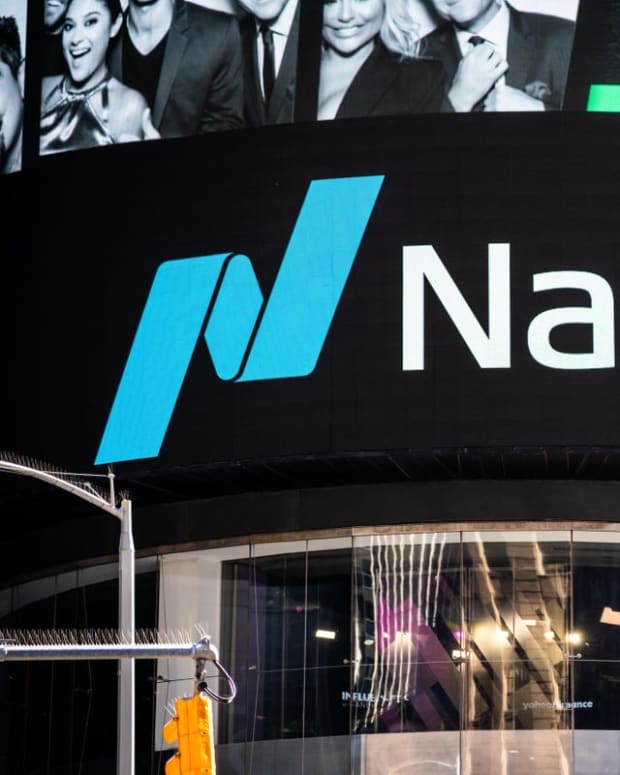
Digital Revolution Boosts Accenture Stock
Investing well means seeing opportunities in chaos. It is also vital to find the businesses that directly benefit by providing solutions.
A New York Times story on Tuesday revealed that Accenture (ACN), the giant consulting company employs 5,800 content moderators for Facebook (FB). The contract is worth $500 million annually.
Investors should consider buying Accenture, and Facebook, too.
There is no doubt Facebook has a platform content moderation problem. During the runup to the 2016 presidential election the Menlo Park, Calif.-based company was widely criticized for allowing political disinformation campaigns to spread on its network. Later Times reporting revealed Russian operatives used fake Facebook member accounts to spread divisive messaging.
Facebook has also been at the center of several similar campaigns about Covid-19, vaccinations and a plethora of so-called cures. Critics have pushed for better corporate governance. Legislators are seeking federal regulation. It’s a mess.
According to the Times, Accenture has taken on all of these issues and more. The Ireland-based consulting firm now employees Facebook moderators in the Philippines, India, Portugal, Malaysia, Poland, Ireland, Mountain View, Calif., and Austin, Texas. This year Accenture has billed Facebook for a total of 5,805 moderators at $50 per hour or more. The annual contract is worth $500 million.
Big contracts are common at Accenture.
As the quintessential management consulting firm, Accenture has business relationships at 91 companies in the Fortune 100, and 75% of Fortune Global 500 businesses. The firm employs 537,000 people worldwide, many embedded with enterprise and government clients in over 120 countries.
Scale is important. Many of the problems Accenture employees are being asked solve in new settings have been resolved elsewhere. The solution is part of its vast knowledge base. More clients lead to an even bigger vault of solutions. It is a virtuous cycle.
I began recommending Accenture in 2014. The firm was the logical winner as enterprises began building out digital transformation projects. And moving digital workflows to the cloud was in its early innings.
Julie Sweet, chief executive officer, said last December Accenture had 90,000 cloud professionals on staff. The company is the leading global partner of Amazon Web Services, Microsoft Azure and Google Cloud. The business is No. 1 in North America and Europe. It is No. 3 in emerging markets, and recently reached 17,000 consultants in China
Second quarter sales jumped to $12.1 billion, up 8%. That was about $140 million above the previous guidance for the quarter, according to a corporate press release. Sweet says companies are stepping up plans to digitize their business infrastructure even as all signs point to a return to a more normal economy.
New bookings for Q2 rose to a record $16 billion, up 13% from a year ago.
It is a story that rarely gets told. Investors are still missing the bigger picture: Enterprises are spending a fortune on digital consulting. Executives understand it is the future of all commerce: Adapt or die.
The executives at Facebook get it. They know they have a content moderation problem that grew out of its massive digital footprint. Calling in Accenture allows the social media company to scale up or down in regions globally depending on need, or where it has no language expertise. Having an at-arm’s-length relationship with content moderation is an added benefit in this era of unusually high scrutiny.
I have been an unapologetic Facebook bull for years. The business is a cash cow because advertisers want to reach its members. And despite efforts by influencers and politicos to dissuade use, membership is growing. There are 3.1 billion monthly active users across its Facebook, WhatsApp and Instagram properties.
Accenture is a great business, too. Sales and profitability are on the rise as enterprises seek digital expertise.
Both Facebook and Accenture have performed well in 2021, rising 38.8% and 28.9% respectively. Longer-term investors should consider buying each stock into near term weakness.








